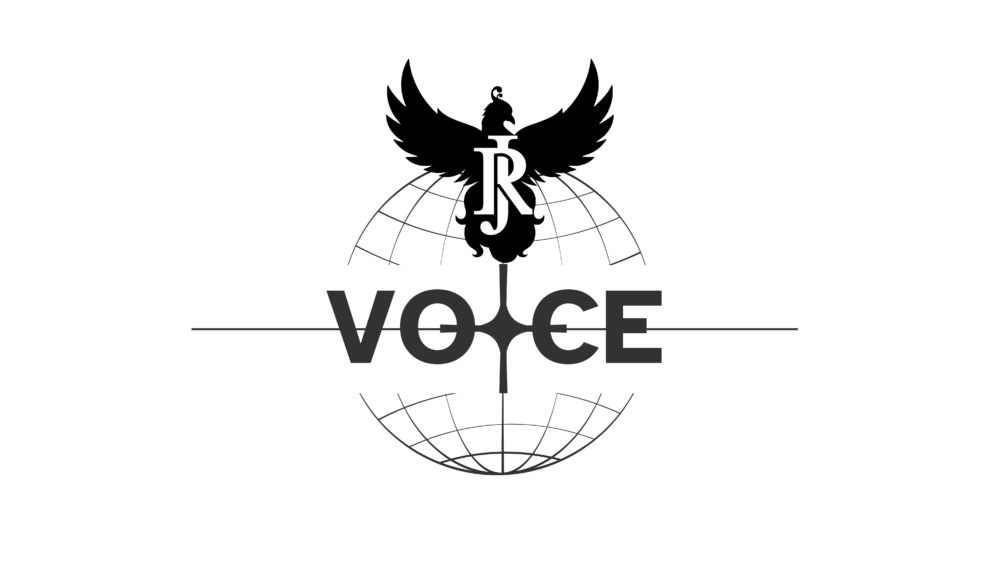The United States has revoked more than 500 student and academic-related visas this year, as part of an increasingly aggressive immigration enforcement campaign that is impacting international students, faculty, and researchers across the country. Many of those affected were affiliated with prominent American universities and were caught off guard by the decisions, with some already detained or facing deportation.
Among the individuals affected is a Russian researcher who had been working in a laboratory at a major U.S. medical school. She was taken into custody after allegedly failing to declare frog embryos she was transporting, a violation that led to her visa being revoked. Her legal representatives argue that the incident was minor and that her detention is disproportionate, especially considering her potential risk of persecution if returned to her home country.
The wave of revocations has not only targeted individuals accused of serious offenses but also those facing far less severe issues. Immigration attorneys report that many of the recent deportation cases stem from minor infractions—some years old—or from unclear reasons that have not been communicated to the individuals or their institutions.
In one instance, a Chinese graduate student at an American university had his student visa revoked without explanation and was only informed when his institution contacted him. A court granted a temporary order preventing his immediate removal, but his future in the U.S. remains uncertain.
Other students report being detained without notice. One graduate student was taken into custody on his way to class due to a past misdemeanor, while another learned about his visa revocation through his school, which had not been officially notified by immigration authorities.
Legal experts argue that the use of existing immigration laws has become much more severe, with enforcement often occurring suddenly and without proper legal process. In some cases, individuals have been encouraged to “self-deport” to avoid detention or more serious legal consequences. A government app now allows those with revoked visas to voluntarily leave the country in hopes of returning legally in the future.
The revocation process, handled by the State Department, has become increasingly opaque. In many situations, the individuals affected—and even the universities they attend—receive no formal explanation for the decision. This has created widespread anxiety among international students, many of whom worry they could be targeted next.
Some students and advocacy groups have filed lawsuits, challenging the legality and fairness of these sudden visa revocations. Critics argue that the current strategy is fostering fear and uncertainty, pushing talented individuals out of the country without due process or cause.
As the crackdown continues, the long-term impact on international education in the U.S. remains to be seen. Universities are calling for greater transparency, while students and their families are left in limbo—unsure whether their academic and professional goals in the United States can still be realized.































































